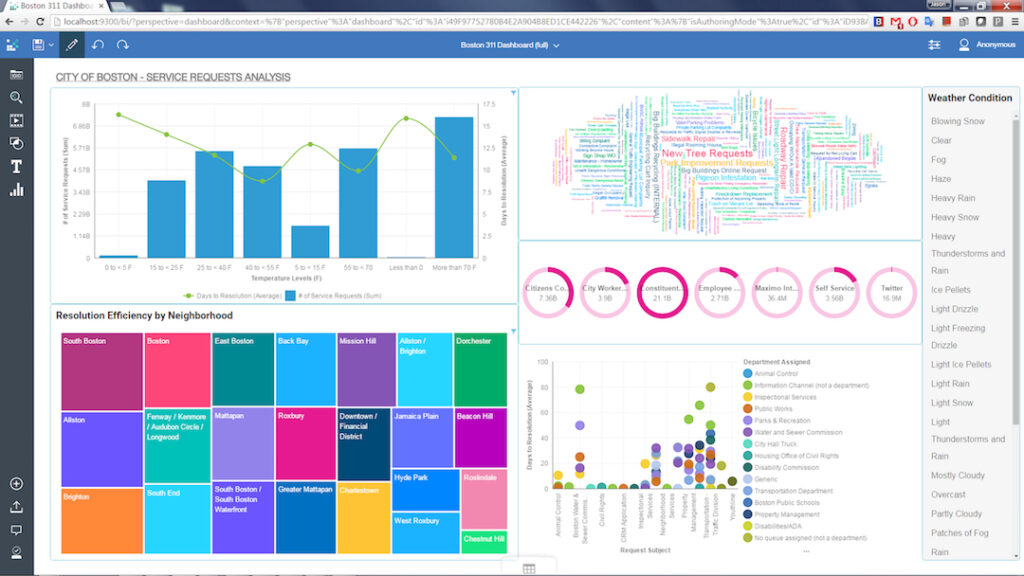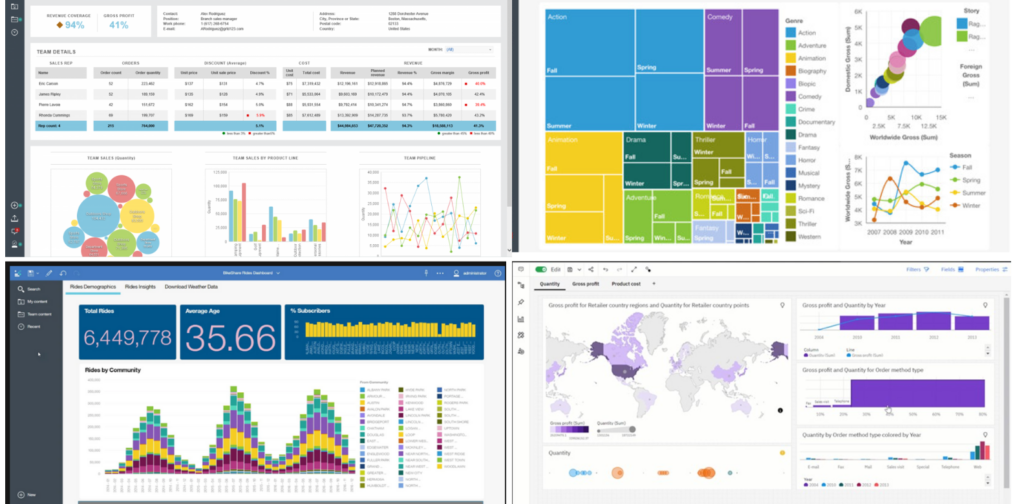In the era of digital transformation, access to accurate and up-to-date data has become a key element of business success. However, many companies face challenges related to analyzing large volumes of data from various sources. In this article, we will examine how a mid-sized retail company utilized IBM Cognos Analytics to meet these challenges and, as a result, revolutionize its operations.

Background and Challenges
The retail company in question operates in the domestic market with a network of brick-and-mortar stores and a growing e-commerce presence. Before implementing IBM Cognos Analytics, the company faced challenges in processing sales data. The data was dispersed across various systems, making it difficult to create consistent reports and analyses, which in turn delayed the decision-making process.

Solution: IBM Cognos Analytics
Integrated Reporting
The first step was integrating data from various sources. IBM Cognos Analytics enabled the company to combine data from sales, marketing, and logistics systems, creating a single cohesive reporting platform. This made it possible to generate comprehensive real-time reports, allowing management to monitor sales performance continuously.
Trend Analysis
The implementation of IBM Cognos Analytics opened new possibilities for data analysis. The tool’s advanced analytical features allowed the identification of key sales trends and customer purchasing patterns. For example, the company was able to determine which products were most popular during specific times of the year, enabling better inventory planning.
Data Personalization
IBM Cognos Analytics also enabled the personalization of data views and reports for different departments within the company. This allowed each section—from sales to marketing to logistics—to access the most relevant data, increasing work efficiency and facilitating quicker decision-making.

Benefits and Results
By implementing IBM Cognos Analytics, the company achieved significant business benefits:
- Faster Decision-Making: Automation of reports and the creation of dashboards allowed for decision-making based on current data, contributing to increased operational efficiency.
- Increased Revenue: A better understanding of trends and customer purchasing patterns enabled more precise marketing efforts, leading to increased sales.
- Inventory Optimization: With more accurate forecasts, the company was able to better manage inventory levels, reducing costs associated with excess stock.
Conclusions
The example of the retail company demonstrates how crucial the application of modern analytical tools can be in business. IBM Cognos Analytics not only facilitated data management but also supported decision-making processes, resulting in tangible financial and operational benefits. In today’s dynamic business environment, investing in advanced analytical solutions is becoming a necessity for companies aiming to maintain a competitive edge.